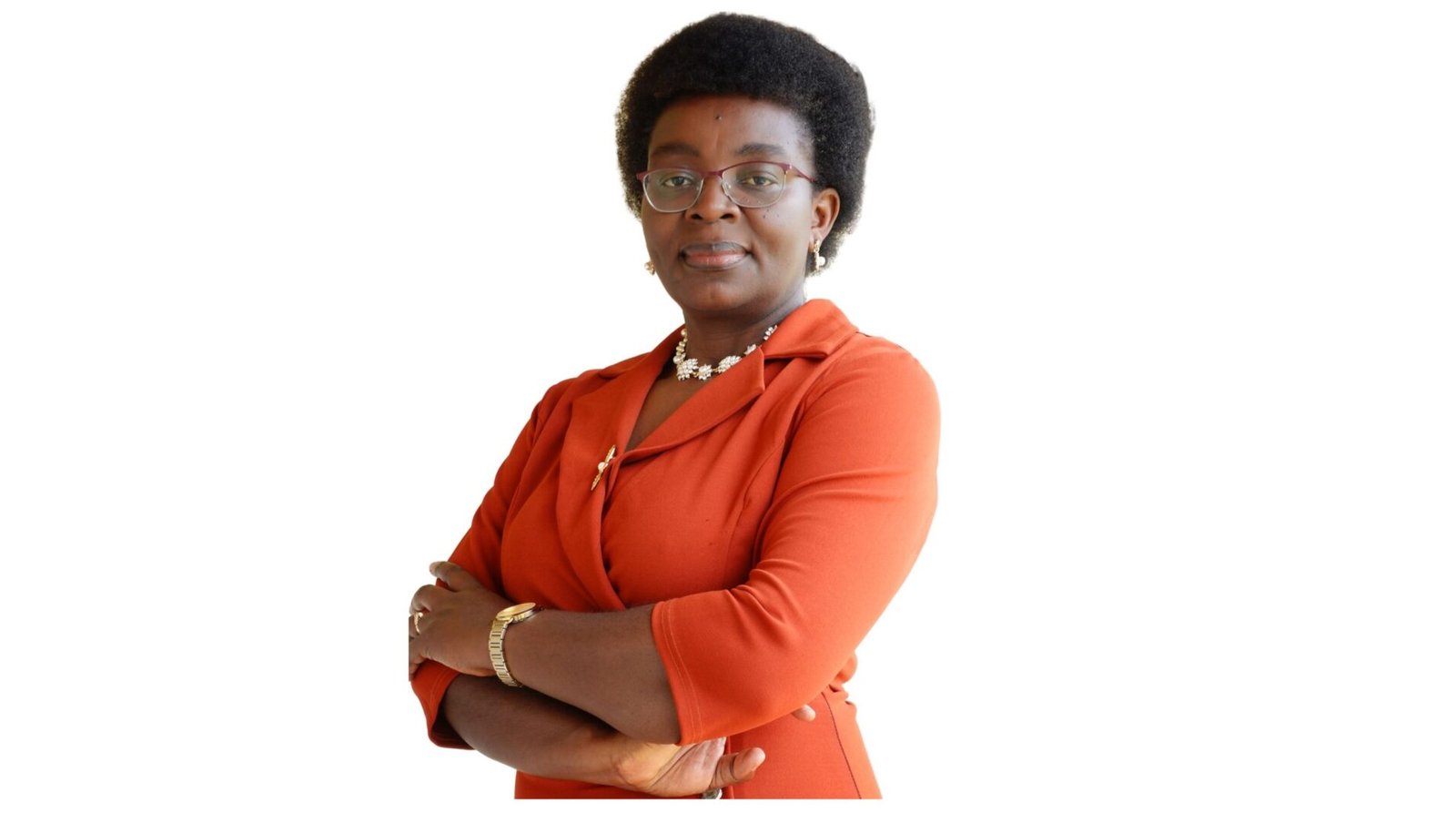KIGALI, Rwanda — Prominent Rwandan opposition leader Victoire Ingabire has been arrested on charges of inciting public disorder and creating a criminal organisation, a state investigative agency confirmed. The move has been swiftly condemned by one of her lawyers, who asserts it is politically motivated.
The arrest was announced by the Rwanda Investigations Bureau (RIB) in a statement issued late on Thursday.
The agency accused Ingabire, who leads the unregistered opposition party DALFA–Umurinzi, of “playing a role in creating a criminal organisation and engaging in acts that incite public disorder.”
The RIB did not provide information on when she would be formally charged in court.
Ingabire has a history of political challenges in Rwanda. She famously returned from exile in 2010 with the intention of contesting the presidential election but was subsequently barred from standing after being accused of genocide denial.
Two years later, in 2012, she was jailed on charges related to conspiring to form an armed group and attempting to minimise the severity of the 1994 genocide – accusations she has consistently denied. She was eventually freed in 2018.
Iain Edwards, one of Ingabire’s international lawyers, voiced strong criticism of the recent arrest to Reuters. “For us, this is a continuation of a long process of intimidation and political harassment against Victoire and her supporters,” Edwards stated.
Also Read: Tanzanian opposition leader Tundu Lissu arrested at rally, his party says
He further expressed deep concern for her safety, adding, “It’s to silence her and to warn others not to speak out against the government. People always fear for the lives of political opponents in Rwanda. I certainly fear for her life.”
Yolande Makolo, the Rwandan government’s spokesperson, did not immediately respond to Reuters’ message and phone call requesting comment on the lawyer’s statement.
The arrest comes amidst the enduring political dominance of President Paul Kagame, who has been in power for a quarter of a century.
Last year, Kagame secured re-election with 99.18% of the vote, according to the electoral body.
While Western and regional leaders have largely praised Kagame for his role in transforming Rwanda from the devastation of the 1994 genocide into a thriving economy, human rights groups have simultaneously accused him of abuses and of supporting rebels in the neighbouring Democratic Republic of Congo – accusations he denies.

